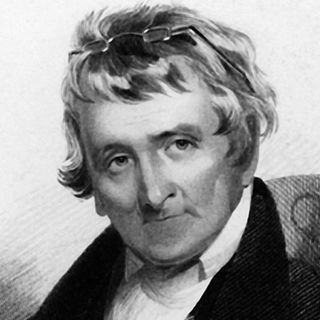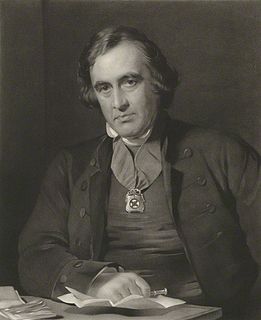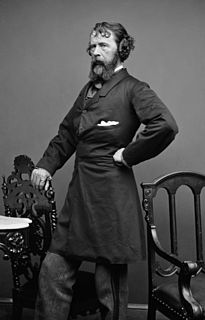A Quote by James Howell
We are saved from nothing if we are not saved from sin. Little sins are pioneers of hell. The backslider begins with what he foolishly considers trifling with little sins. There are no little sins. There was a time when all the evil that has existed in the world was comprehended in one sinful thought of our first parent; and all the now evil is the numerous and horrid progeny of one little sin.
Related Quotes
Little sins carry with them but little temptations to sin, and then a man shews most viciousness and unkindness, when he sins on a little temptation. It is devilish to sin without a temptation; it is little less than devilish to sin on a little occasion. The less the temptation is to sin, the greater is that sin.
A little thorn may cause much suffering. A little cloud may hide the sun. Little foxes spoil the vines; and little sins do mischief to the tender heart. These little sins burrow in the soul, and make it so full of that which is hateful to Christ, that he will hold no comfortable fellowship and communion with us. A great sin cannot destroy a Christian, but a little sin can make him miserable.
The Deceiver can magnify a little sin for the purpose of causing one to worry, torture, and kill oneself with it. This is why a Christian should learn not to let anyone easily create an evil conscience in him. Rather let him say, "This error and this failing pass away with my other imperfections and sins, which I must include in the article of faith: I believe in the forgiveness of sins.
To say that a man is sinful because he sins is to give an operational definition of sin. To say that he sins because he is sinful is to trace his behavior to a supposed inner trait. But whether or not a person engages in the kind of behavior called sinful depends upon circumstances which are not mentioned in either question. The sin assigned as an inner possession (the sin a person "knows") is to be found in a history of reinforcement.
Do not lose your temper with those who sin. Do not have a passion for noticing every sin in your neighbor and judging it, as we usually do. Everyone will give an answer for himself before God. Especially, do not look with evil intention on the sins of those older than you, with whom you have no business. But correct your own sins, your own heart.
When Satan cannot get a great sin in he will let a little one in, like the thief who goes and finds shutters all coated with iron and bolted inside. At last he sees a little window in a chamber. He cannot get in, so he puts a little boy in, that he may go round and open the back door. So the devil has always his little sins to carry about with him to go and open back doors for him, and we let one in and say, 'O, it is only a little one.' Yes, but how that little one becomes the ruin of the entire man!
To free a man from suffering, he must be set right, put in health; and the health at the root of man's being, his rightness, is to be free from wrongness, that is, from sin. A man is right when there is no wrong in him. I do not mean set free from the sins he has done: that will follow; I mean the sins he is doing, or is capable of doing; the sins in his being which spoil his nature — the wrongness in him — the evil he consents to; the sin he is, which makes him do the sin he does.
There is great danger, yea many times most danger, in the smallest sins... Greater sins do sooner startle the soul, and awaken and rouse up the soul to repentance, than lesser sins do. Little sins often slide into the soul, and breed, and work secretly and undiscernibly in the soul, till they come to be so strong, as to trample upon the soul and to cut the throat of the soul.


































